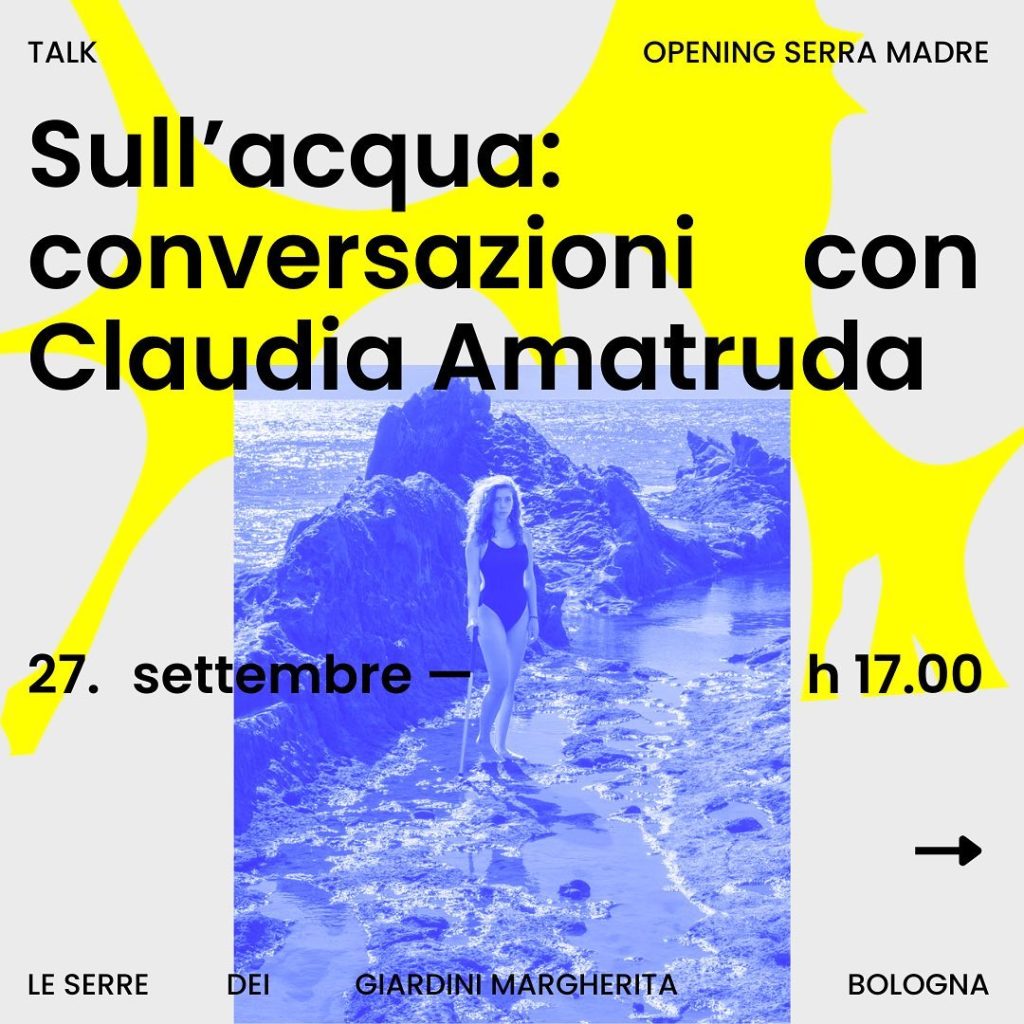
Patterns of mattering
A series of meetings curated by Parsec
at serra madre – Kilowatt’s cultural production center
Via Castiglione 134, Bologna
September 21, 27 2024 – 5 p.m.
Patterns of Mattering is a series of meetings organized by Parsec during the opening weeks of serra madre to delve into contemporary ecological themes. The title, drawn from the writings of physicist Karen Barad, refers to the different configurations that matter can take, but in Italian, it could also means “configurations of what is important”
Three events, scheduled for September 21 and 27, will explore the intersections between art, science, and ecological philosophy, inviting the public to participate actively by creating a welcoming space for dialogue and deepening the various facets of ecological thought and contemporary ecological aesthetics.

Ecological aesthetics
conversation with Besta Committee and Michele Lapini
September 21
From 5 p.m. to 6 p.m.
A dialogue where we will consider the events of the last few months concerning the Don Bosco Garden and the resistance of citizens and the Besta Committee to avert the felling of dozens of adult and healthy trees and the demolition of a school building of important pedagogical value.
Michele Lapini, a photographer from Bologna who has documented these events with several photographs will be present to participate in the conversation.

On Water: Conversations with Claudia Amatruda
Friday, September 27
From 5 p.m. to 6 p.m.
Claudia Amatruda, a visual artist based in Bologna, will lead a performative talk exploring posthuman ecological aesthetics, inspired by the concepts of Donna Haraway and Astrida Neimanis, and integrating reflections on the importance of water for the human body.
Haraway challenges traditional binary categories with her idea of the union between cyborgs and humans, while Neimanis invites us to see the human as a body of water, suggesting that we are less isolated entities and more oceanic whirlpools, where water continually manages differences, complicating the oppositions between “we are all the same” and “we are all different.”
